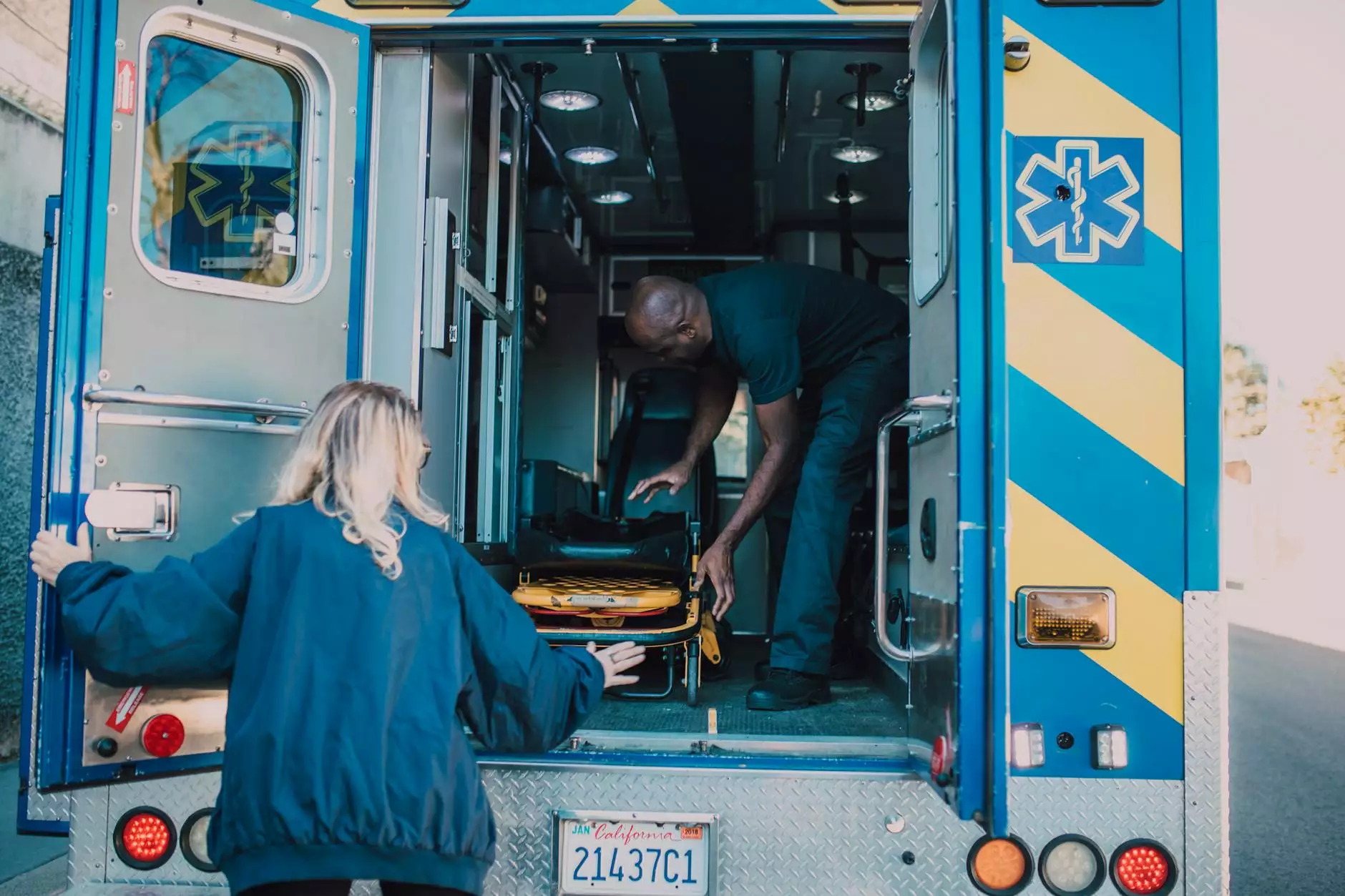Understanding the Role of a Stomach Cancer Doctor

Stomach cancer, also known as gastric cancer, is a serious health issue that affects millions of people worldwide. As a complex and aggressive disease, it requires the expertise of a qualified stomach cancer doctor. In this article, we will explore the crucial functions of these specialists, the latest advancements in treatment, and how to find the right doctor for your specific needs.
What is Stomach Cancer?
Stomach cancer originates in the lining of the stomach and can develop slowly over many years. It often begins as gastric adenocarcinoma, which is the most common type of stomach cancer. Early stages may not exhibit noticeable symptoms, making it imperative to consult a proficient stomach cancer doctor for accurate diagnosis and timely treatment.
Why You Need a Specialized Stomach Cancer Doctor
Consulting a specialist such as a stomach cancer doctor is essential for the following reasons:
- Expert Diagnosis: These doctors are trained to identify symptoms that might indicate stomach cancer, such as persistent stomach pain, nausea, and unexpected weight loss.
- Personalized Treatment Plans: A stomach cancer doctor tailors treatment plans according to the patient's health status, cancer stage, and personal preferences.
- Access to Clinical Trials: Specialized doctors often have access to the latest clinical trials and cutting-edge treatments not available to the general public.
How Stomach Cancer is Diagnosed
The diagnostic process typically involves several steps:
- Medical History Review: The doctor will review your medical history and family history, looking for any risk factors associated with stomach cancer.
- Physical Examination: A thorough examination may reveal physical signs of stomach cancer, such as abdominal swelling or tenderness.
- Diagnostic Tests: Tests such as endoscopy, biopsies, CT scans, and X-rays are crucial for accurate diagnosis.
Advancements in Stomach Cancer Treatment
Today, stomach cancer treatment is more advanced than ever, thanks to ongoing research and technological improvements. Your stomach cancer doctor can offer various treatment modalities, including:
Surgery
Surgical methods involve removing the cancerous part of the stomach, and sometimes part of the surrounding tissues or organs. Types of surgery include:
- Total Gastrectomy: Complete removal of the stomach.
- Partial Gastrectomy: Only a portion of the stomach is removed.
Chemotherapy
Chemotherapy uses powerful drugs to kill cancer cells and is often used in conjunction with surgery or as a primary treatment for advanced stages of stomach cancer.
Radiation Therapy
This treatment utilizes high-energy rays to target and kill cancer cells, often recommended in specific cases to shrink tumors before surgery or to treat residual cancer post-surgery.
Targeted Therapy
Targeted therapy focuses on specific abnormalities in cancer cells. This type of treatment offers a unique approach compared to traditional chemotherapy.
Immunotherapy
Immunotherapy is an innovative treatment that stimulates the body's immune system to fight cancer cells, offering hope for patients with advanced stomach cancer.
How to Choose the Right Stomach Cancer Doctor
Finding the right specialist is crucial for effective treatment. Here are some factors to consider:
- Credentials and Experience: Ensure your doctor has the proper qualifications and a solid background in treating stomach cancer.
- Communication Style: Your doctor should be someone you feel comfortable discussing your concerns and treatment options with.
- Hospital Affiliation: Choose a doctor associated with a reputable hospital or cancer treatment center that offers the latest technology and research.
Patient Care and Support Services
A qualified stomach cancer doctor recognizes that treatment extends beyond just medical interventions. They usually have access to a range of support services such as:
- Nutritional Support: Oncologists often recommend dieticians to help patients manage nutrition during treatment.
- Palliative Care: Pain management and symptom relief are important components during treatment.
- Psychosocial Support: Counseling services are vital for handling the emotional stress that accompanies a cancer diagnosis.
Life After Stomach Cancer Treatment
Surviving stomach cancer involves monitoring and maintaining a healthy lifestyle post-treatment, which includes regular follow-ups with your stomach cancer doctor.
Follow-Up Care
Follow-up appointments are essential to monitor for recurrence and manage any long-term side effects of treatment.
Lifestyle Adjustments
Patients are often advised to adopt a healthier lifestyle, including:
- Maintaining a balanced diet rich in fruits and vegetables.
- Engaging in regular physical activity.
- Avoiding tobacco products.
- Limiting alcohol intake.
Conclusion
Choosing a skilled stomach cancer doctor can profoundly influence treatment outcomes and recovery. Their expertise, combined with a comprehensive treatment plan, provides the best possible care. It's essential for patients to be proactive in their health, seeking the right specialist and being informed about their options.
At Oncological Surgery, we commit to providing patients with the highest level of care and the most up-to-date treatment options. If you or a loved one is facing potential stomach cancer, do not hesitate to reach out to a qualified specialist today.









